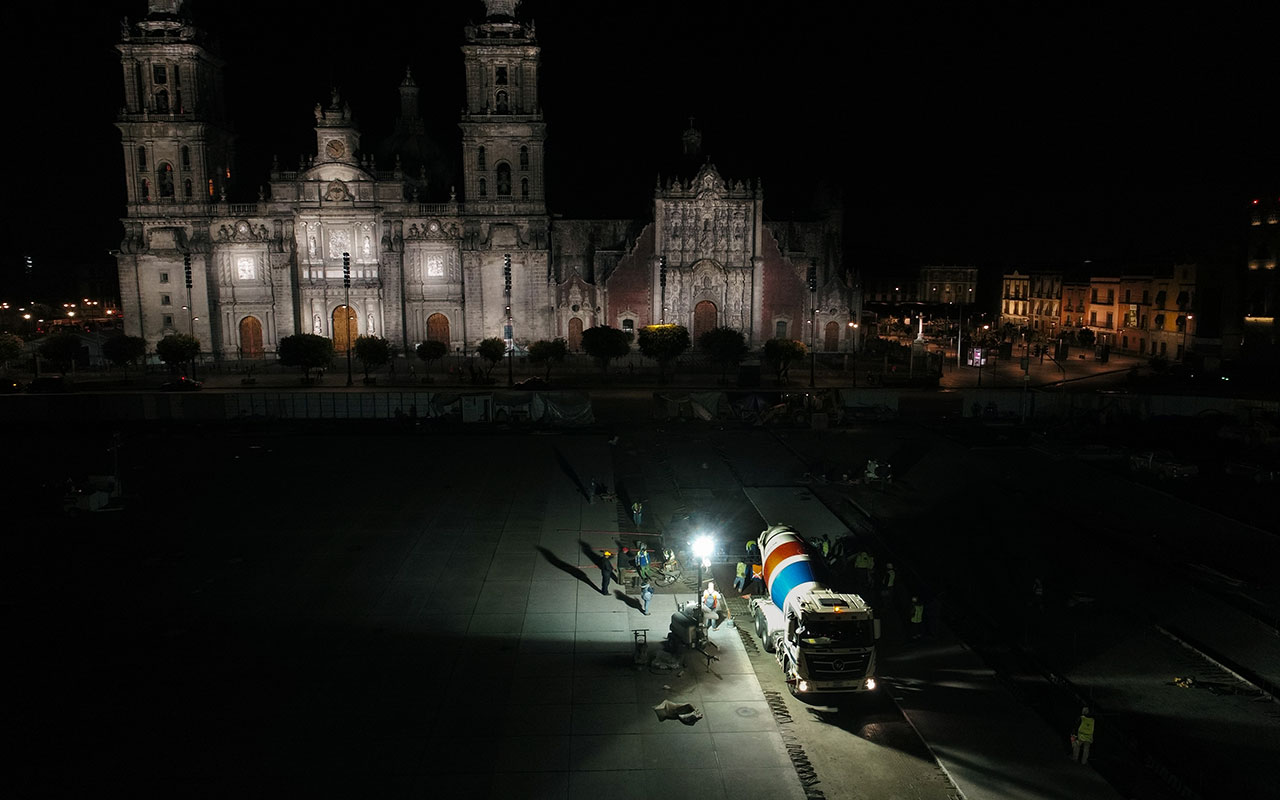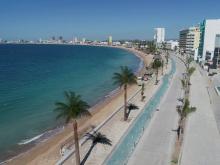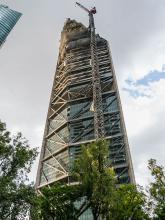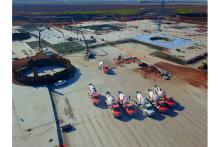
Built nearly 500 years ago, the Zócalo is located in Mexico City’s emblematic historical centre—which was declared a World Heritage Site by UNESCO in 1987. Given its importance, all renovations and modifications performed in this area must comply with specific construction requirements, as well as provide the best solution to preserve this monument’s essence, a blend of its native and pre-hispanic past.
“The Zócalo represents the pride of Mexico, an attachment to our roots and a great tradition shared by us as a Mexican company,” said Juan Romero, President of CEMEX Mexico. “Visiting this historic site undoubtedly enables us to witness part of Mexico’s great cultural richness.”
Beyond paying attention to every detail in the process, one of the main challenges was to rebuild the square in a short time, since it serves as the stage for the most important festival in Mexico: The Grito de Independencia (Cry of Independence), celebrated every September 15 as a precursor to Independence Day on September 16.
Given this challenge, CEMEX designed and delivered in record time an architectural concrete mix with limestone aggregates, inspired by the historic buildings surrounding the Zócalo, including the National Palace, the Metropolitan Cathedral, and traditional commercial premises. Additionally, the concrete supplied by CEMEX can withstand considerable weight without deteriorating, extending its lifespan for more than 30 years.
For this project, headed by Mexico City’s Secretariat of Public Works and Services together with the National Institute of Anthropology and History, CEMEX designated a plant to exclusively produce the required amount of concrete in the shortest time possible. Work was performed day and night for almost four months in coordination with Procesos de Ingeniería Aplicada S.A. (PIASA), the company in charge of construction.
The Zócalo was last renovated during the 1960s. Currently, it is completely restored and ready to welcome millions of Mexicans and tourists from all over the world.







